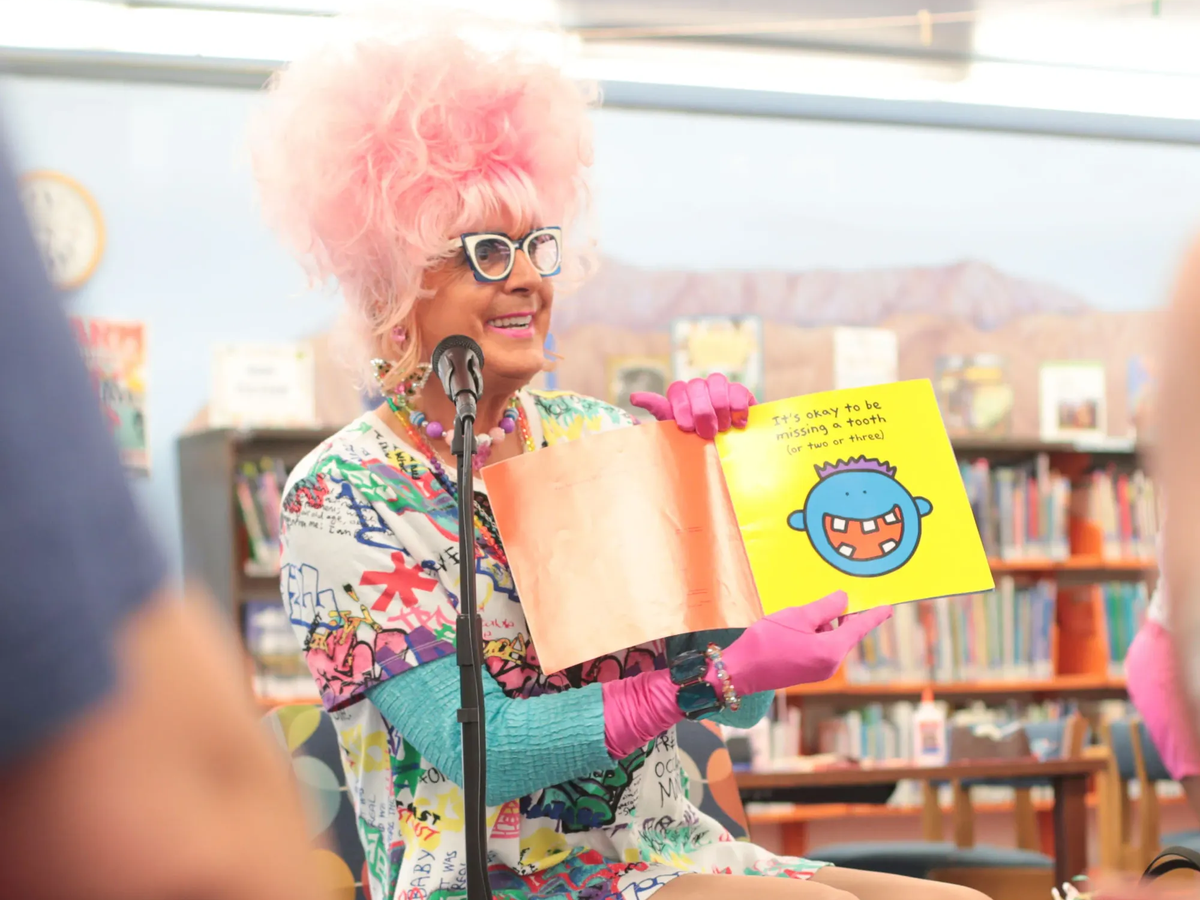Chief of UK's professional body for librarians defends Drag Queen Story Hour as ‘inclusive and creative’

The head of the Chartered Institute of Library and Information Professionals (CILIP) has spoken out in defence of Drag Queen Story Hour, describing it as a “creative, centuries-old storytelling tradition” that fosters inclusivity and literacy, following criticism from a government minister.
Louis Coiffait-Gunn, CEO of CILIP, issued a robust response after Gordon Lyons, Minister for Communities in Northern Ireland, labelled a recent event held at Holywood Arches Library in east Belfast as “not appropriate for children” and said it “should not have taken place”.
The event, hosted by EastSide Partnership on 1 August, featured two drag performers and included British Sign Language interpretation. It drew protests outside the venue, prompting the Police Service of Northern Ireland (PSNI) to attend and escort two individuals from the building to prevent any breach of the peace. No offences were reported.

Minister Lyons, who oversees public libraries, argued that the event compromised the perception of libraries as “welcoming and inclusive spaces” and directed officials to liaise with Libraries NI to ensure policy compliance.
In contrast, Coiffait-Gunn praised the event’s impact, stating: “Public libraries exist to serve every member of their community, fostering learning about the world in a respectful, inclusive way.
"Drag Queen Story Hour has been shown to boost children’s reading and engagement, offering a creative, centuries-old storytelling tradition that celebrates imagination, diversity and literacy.”
He emphasised the importance of libraries remaining safe and welcoming for all, especially children and families, and defended the rights of staff, performers, and attendees to participate in inclusive events free from harassment.
EastSide Partnership described the event as one of its longest-running and consistently well-received programmes.
Coiffait-Gunn concluded with a call to action: “We urge decision-makers to support, not undermine, inclusive storytelling in libraries.”
Support independent LGBTQ+ journalism
Scene was founded in Brighton in 1993, at a time when news stories about Pride protests were considered radical. Since then, Scene has remained proudly independent, building a platform for queer voices. Every subscription helps us to report on the stories that matter to LGBTQ+ people across the UK and beyond.
Your support funds our journalists and contributes to Pride Community Foundation’s grant-making and policy work.
Subscribe today

Comments ()